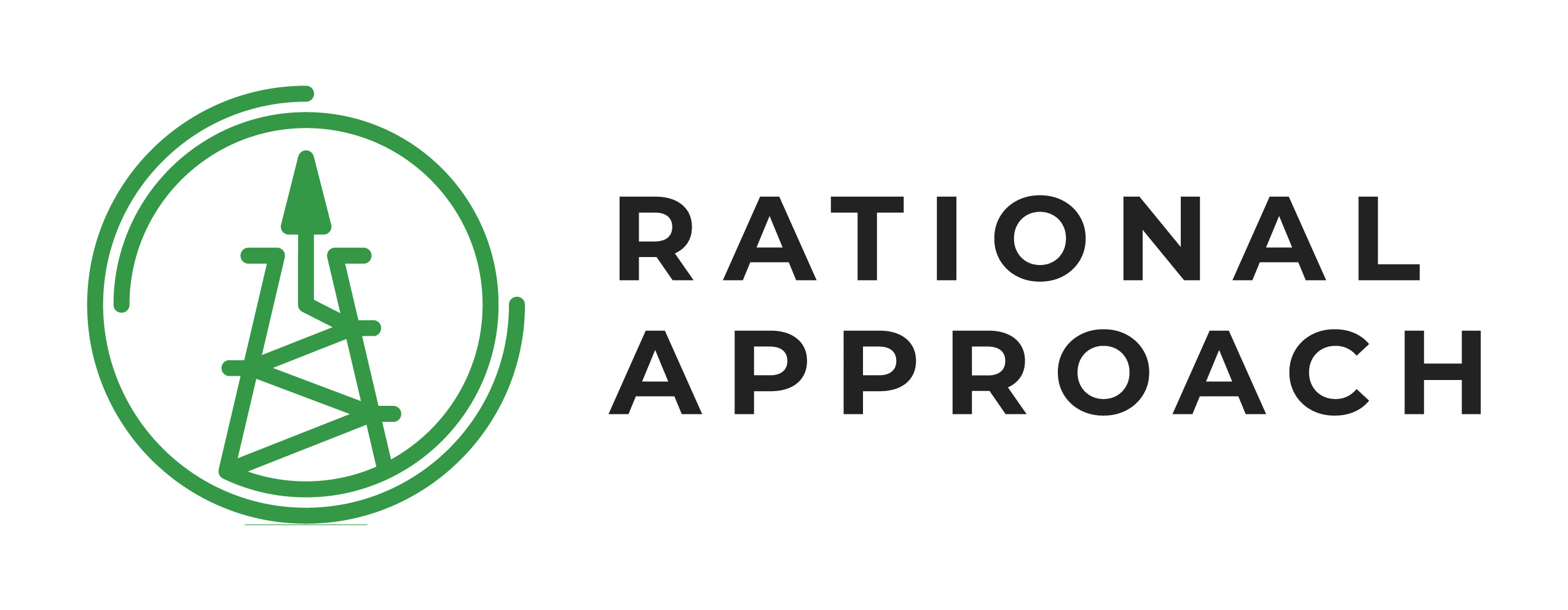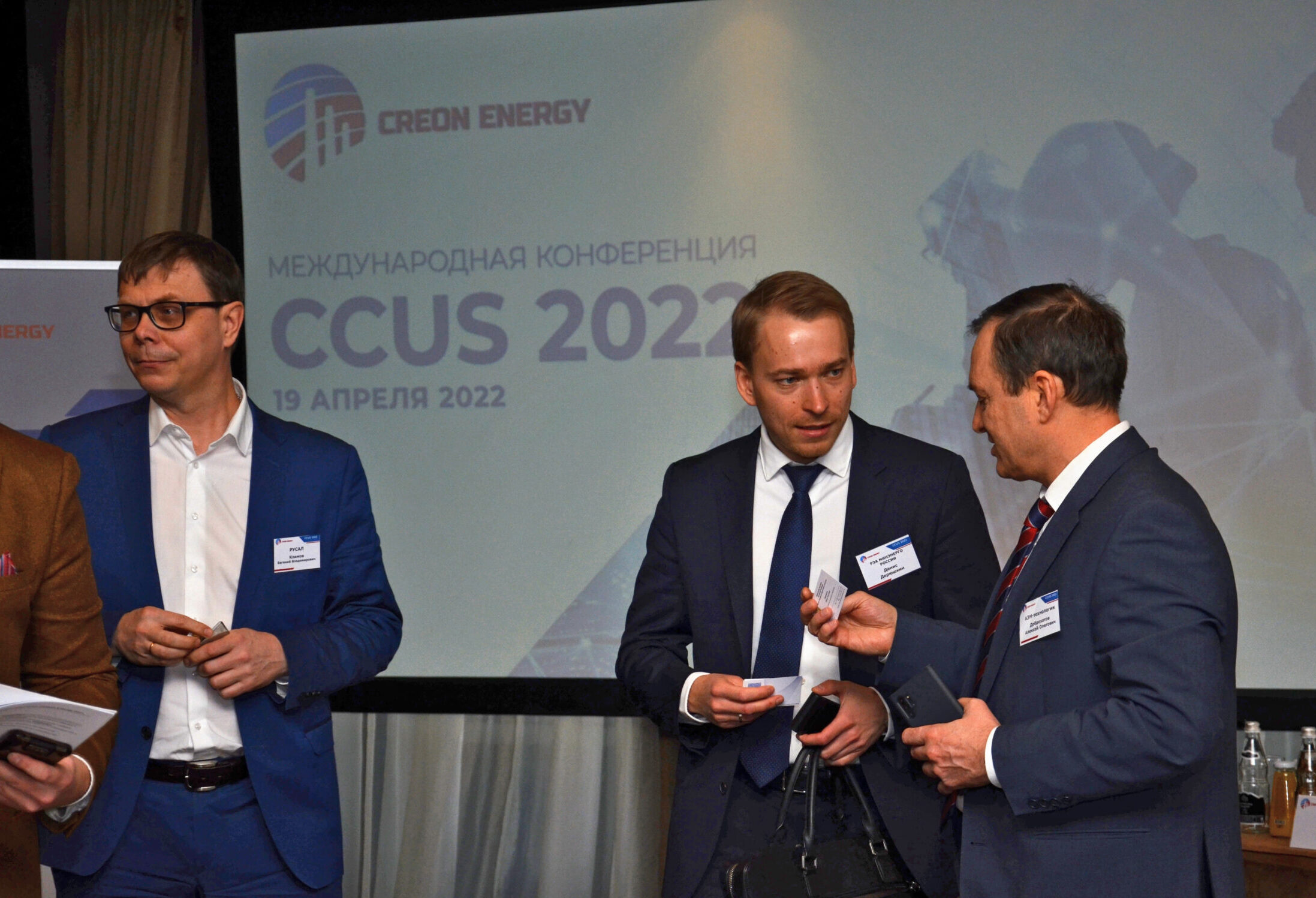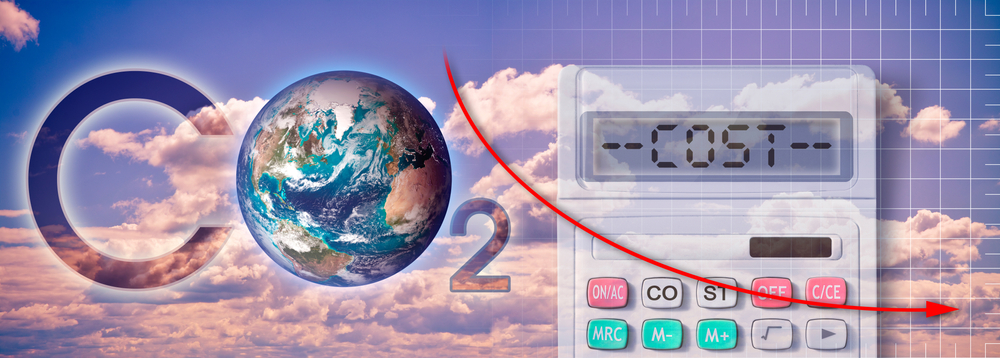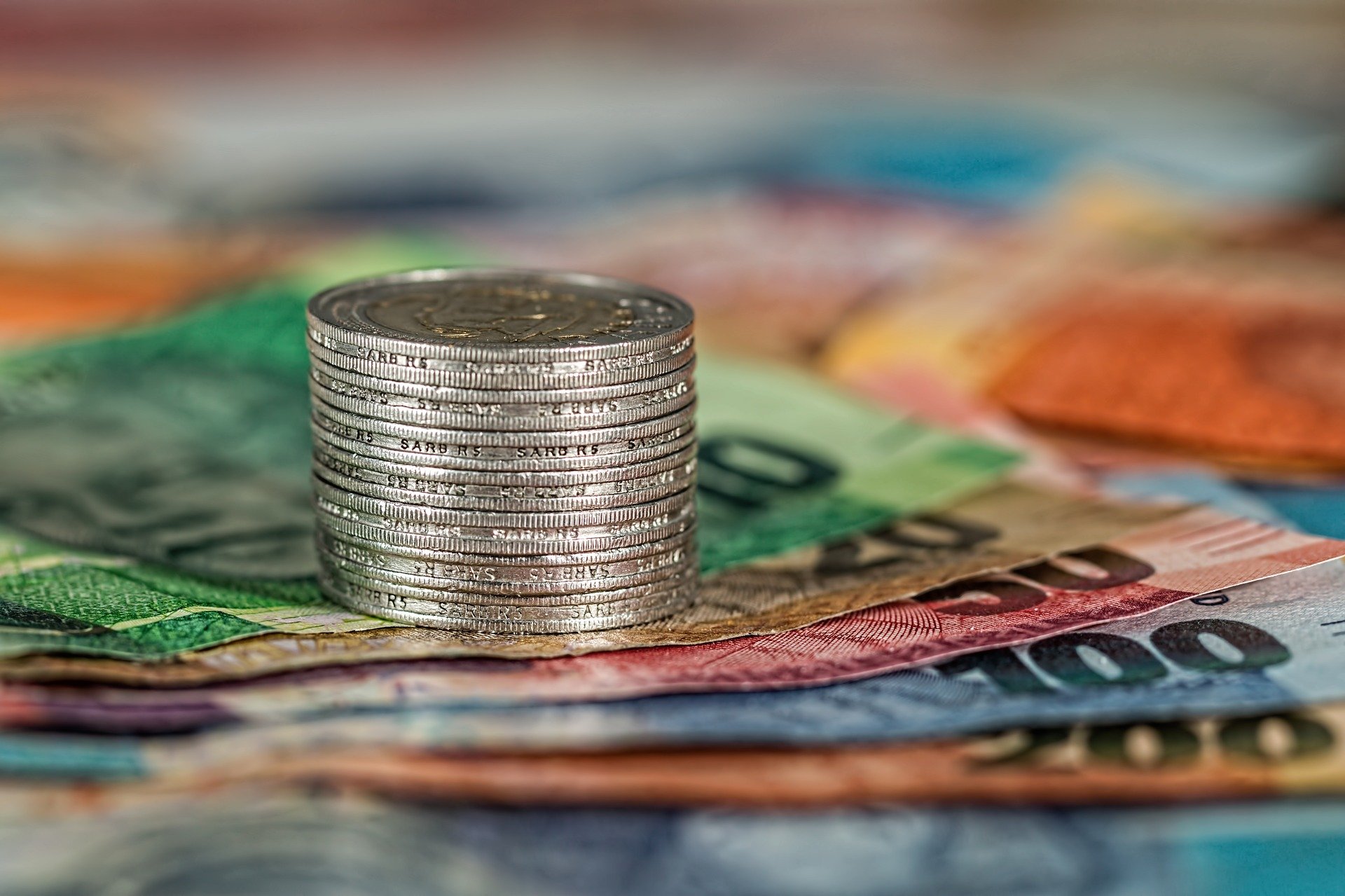On May 31, experts from WWF Russia, CREON Group, the National Rating Agency (NRA), the UN Environment Program in Russia and representatives of oil and gas companies discussed the methodology for the Environmental Transparency Rating of Oil and Gas Companies. More than 30 experts discussed 20 proposals on the methodology.
The traditional discussion of the criteria for the first time took place in a hybrid format at the site of the Association of European Businesses (AEB). The event was opened by Alexey Knizhnikov, head of the WWF-Russia environmental responsibility program and AEB CEO Tadzio Schilling.
“The hybrid format offers great opportunities to promote this rating and the dynamics regarding the adoption of ESG standards, the sustainable development agenda, and moving the economy towards a greener future is extremely important,” said AEB CEO Tadzio Schilling. “On the part of the AEB, we are interested in cooperation, as we ourselves felt the enormous impact of these trends. That is why the AEB launched its own Green Initiative in 2020, dedicated to green finance, carbon management and the energy of the future”, said Tadzio Schilling.
According to Vladimir Moshkalo, Head of the UN Environment Program Office in Russia, the current model for assessing economic development lags far behind the “green” agenda. “Paradoxically, the main indicator of economic development is still the gross domestic product. It turns out that oil spills and accidents add to the total GDP. We fully support the rating initiative, as we need to achieve a low-carbon green economy,” Moshkalo stressed during his welcoming speech.
The high importance of the rating was noted by Sandjar Turgunov, member of the board of CREON Group, which was at the origin of the project. “When we started the rating, such concepts as ESG and green economy practically did not sound. Now it has become a trend, and we are very glad that we were ahead of this development by almost a decade,” Turgunov said. Over the years, the rating has gone beyond the boundaries of the oil and gas industry and has become an independent tool for assessing environmental compliance for the financial community – banks, insurance companies and international investors.
20 proposals by rating criteria
This year, 20 proposals were submitted for discussion at once on the rating criteria, with 18 proposals from oil and gas companies, and two from environmentalists. Among others, the experts discussed the introduction of a new criterion that would assess the adaptation of companies’ activities to climate change, as well as an additional criterion that quantifies the effectiveness of companies’ energy efficiency programs. In addition, the topic of discussion was also the expansion of criteria for renewable energy and waste management. The results of the discussion and changes in the rating methodology will be announced by WWF-Russia in August 2021.
Summing up the results of the meeting, Alexey Knizhnikov noted the popular trend among oil and gas companies, which try to achieve climate neutrality through projects that appeal to the absorptive capacity of Russian forests. “Russian forests will not help oil companies on their way to carbon neutrality. Environmental responsibility and climate neutrality are not the same thing,” underlined Knizhnikov. Instead, the Russian oil and gas sector needs to solve problems related to the openness of environmentally significant information, replacement of obsolete equipment and the flaring of associated petroleum gas (APG).





